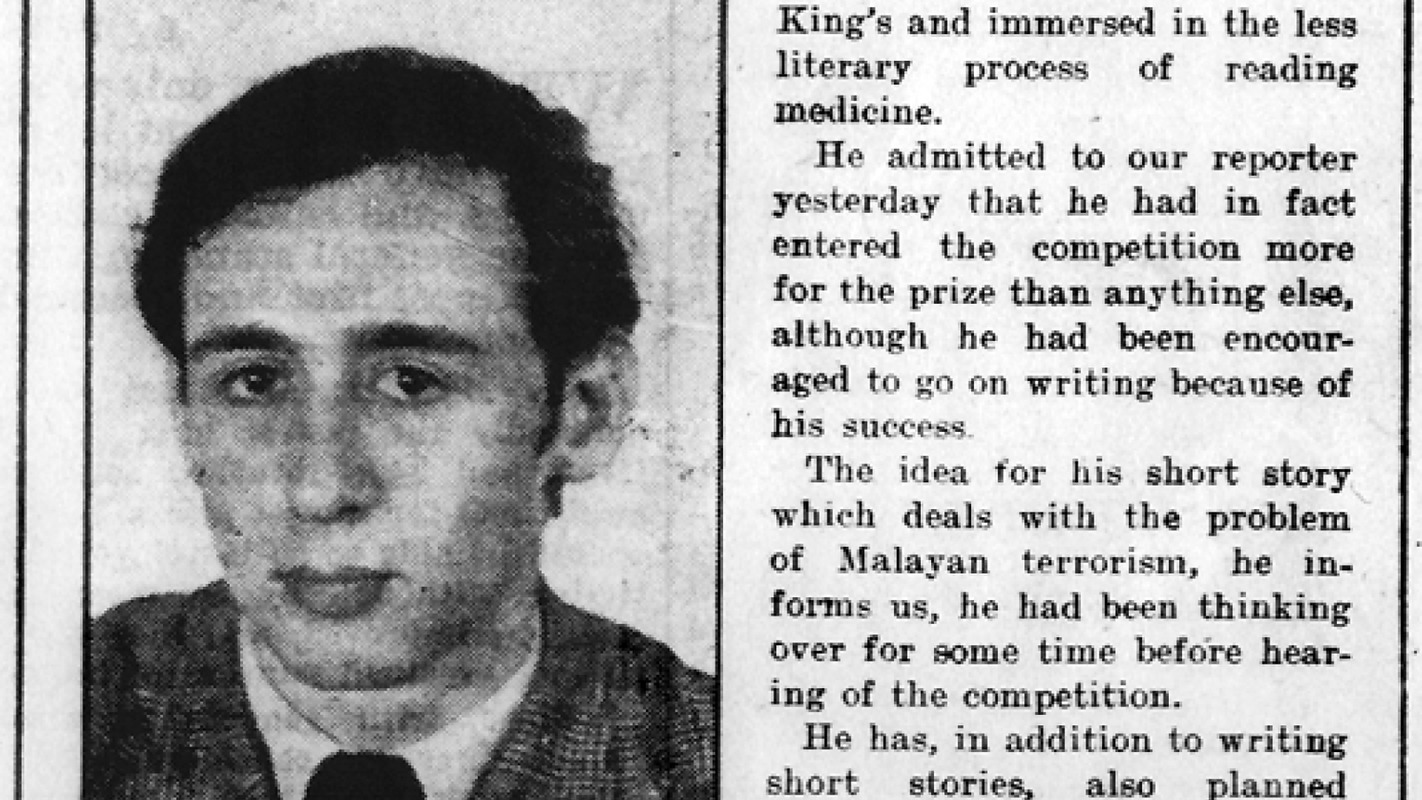Kingdom Come
J.G. Ballard
"What's the point of free speech if you have nothing to say? Let's face it, most people haven't anything to say, and they know it. What's the point of privacy if it's just a personalized prison? Consumerism is a collective enterprise. People here want to share and celebrate, they want to come together. When we go shopping we take part in a collective ritual of affirmation."
James Graham Ballard uses phrases like ‘flat-pack führer’, ‘cut-price Messiah’, ‘he was a Petri dish of mental infections, a smear-culture of grimaces and ticks’. These phrases work like dominoes, a cascade of phrases that seduce, like dominoes, before falling, an act of pure aesthetic violence that reveals nothing but a nihilistic futility in building any aesthetic device, and the utter banality of it all. For the narrator/protagonist – brogue-wearing ex-ad-exec Richard Pearson – feelings are always revealed after the dominoes have fallen, after the events take place in the narrative time of the novel: ‘I found my brogue beside a broken stiletto heel, and remembered a large woman in a fur coat stepping on my foot, then screaming abuse at me.’ Only later is it revealed that Pearson's foot is now bleeding, but this is dropped into the conversation in an overly way during apparently mundane description: ‘I peeled off my bloody sock’. Violence is never described directly, but mentioned in retrospect, ‘[I] drank enough whisky from my flask to blunt the fever in my swollen ankle.’ The narrative at the very moment it seems to be set up thus fails in the fidelity of description. The reader needs to search for clues elsewhere. The narrative thus tangles up the reader with familiar-sounding arguments that in time reveal themselves to be unsound, used for dubious conclusions and purposes. Pearson's fatal flaw is his attraction to the tangles of violence he sees. The reader's: that s/he is attracted to the tangle of the narrative.
And then there is the mob. The mob in Kingdom Come is faceless, a marauding gang, or gangs, of bored consumers, football supporters, ice-hockey fans, marching-band drum majorettes, all wearing St George’s shirts, looking for this ‘cut-price messiah’. The language Ballard uses is overly stylised, word games expounding a virtuosity in verbal craftmanship. But Ballard recognises the fact that fascism never took root in Britain. Fascism in Germany took off, he says, because ‘the Germans were desperate to break out of their prison. Defeat, inflation, grotesque war reparations, the threat of barbarians invading from the east. That’s why they stayed together until the end. They needed a psychopathic god to worship, so they recruited a nobody and stood him on the high altar.’ But in a near-future Britain, it is shopping that stands on the high altar, s consumerism that is also psychopathic.
At the end of Kingdom Come, the pure fascist-consumerist fiction of the shopping mall fails, as the narrative threatens, but another threat remains:
‘One day there would be another Metro-Centre and another desperate and deranged dream. Marchers would drill and wheel while another cable announcer sang out the beat. In time, unless the sane woke and rallied themselves, an even fiercer republic would open the doors and spin the turnstiles of its beckoning paradise.’
“We live in a world ruled by fictions of every kind…" wrote Ballard. "We live inside an enormous novel…. The fiction is already there. The writer’s task is to invent reality.”
